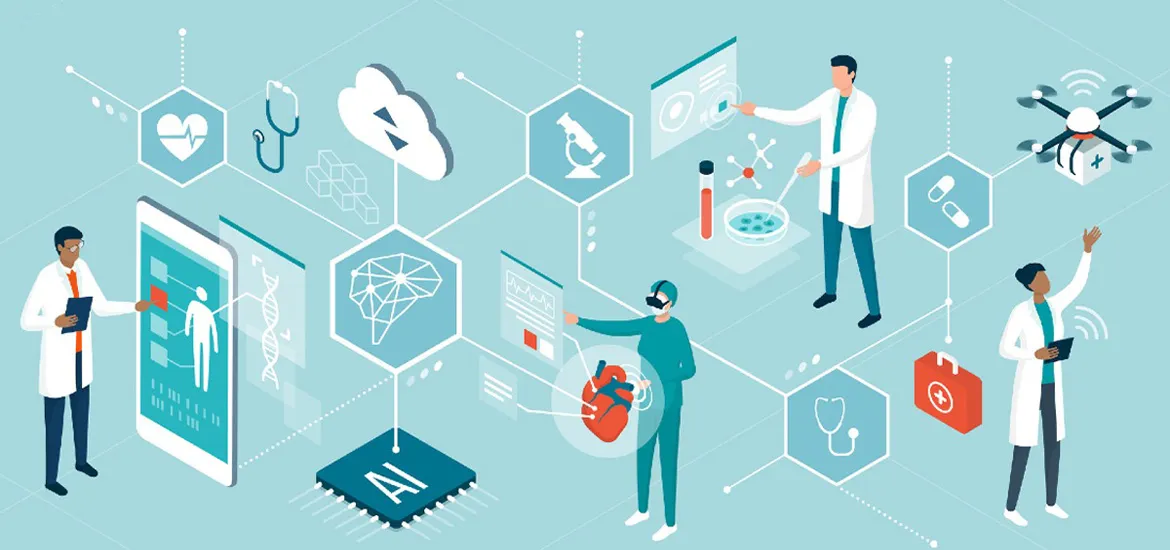Economic Opportunities For Local Businesses And Workers
Sanwa's experience is just one example of how the fast-growing MedTech sector, which covers medical devices, digital health, life science tools and diagnostics, has opened opportunities for our workers and businesses – both multinational corporations (MNCs) based in Singapore and our local enterprises.
Singapore's MedTech sector has witnessed a surge in local health and biomedical startups, increasing from 59 in 2010 to over 300 in 2020. This dynamic growth has contributed to the sector's remarkable expansion, with its contribution to Singapore's manufacturing output rising from S$3 billion in 2008 to S$18.7 billion in 2022.
The MedTech boom has also created many employment opportunities, with the sector now providing over 16,000 high-tech, high-value jobs locally, allowing skilled workers to make significant contributions to the sector's growth and innovation. Joel Ng, a senior manager in R&D at multinational MedTech company BD, exemplifies this trend, having earned seven patents for his innovative work, underscoring the potential for local talent and home-grown expertise to shape the future of MedTech.
Beyond its impact on local businesses and workers, Singapore's MedTech sector has positioned the country as a global leader in capturing a significant share of the production of high-value MedTech products. For instance, American biotechnology company Illumina's manufacturing facility in Singapore supplies over 90 per cent of its global demand for microarrays (microchip-sized genetic testing tools). It also produces more than 60 per cent of DNA sequencing consumables, including reagents and kits. These products are exported from Singapore to medical research hubs all over the world to diagnose and study diseases.
While MedTech has been a boon for Singapore's economy, the sector will become increasingly important as the Republic moves to transform its healthcare system to address the needs of its rapidly ageing population.
Propelling Preventive Health And Patient Care
With about one in four Singaporeans expected to be aged 65 and older by 2030, Singapore's healthcare needs will rise significantly. MedTech can make a decisive difference in supporting preventive health to curb diseases' incidence and burden, and helping healthcare professionals to be more efficient and productive.
Consider the national Healthier SG initiative, which focuses on preventive health. One of its key prongs is to upgrade digital health apps and wearable devices so that people can be proactive in monitoring their health and taking steps to boost it. An example is the Healthy365 app, which provides personalised dietary advice after users log their meals, among other functions.
MedTech can also aid nurses and doctors to do the work of more people. For instance, Alexandra Hospital's smart wards have beds equipped with sensors and other devices to keep an eye on patients' vital signs, alert nurses if they try to get out of bed, and weigh them without moving them, reducing their fall risk.
With these smart beds and other technologies, a nurse can manage multiple wards via ‘virtual nursing', cutting the number of bedside nurses needed by about 30 per cent. This could be revolutionary in meeting Singapore's growing healthcare demand.







